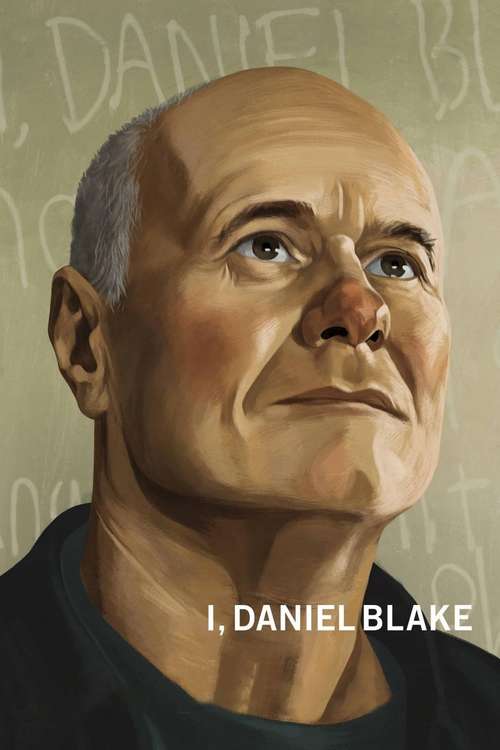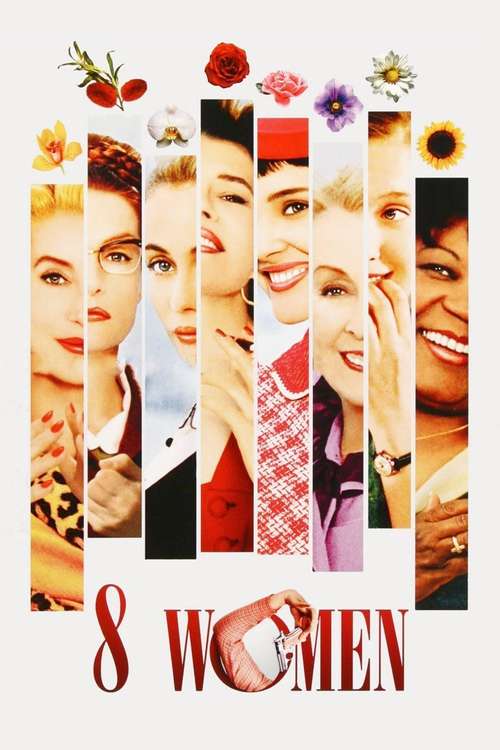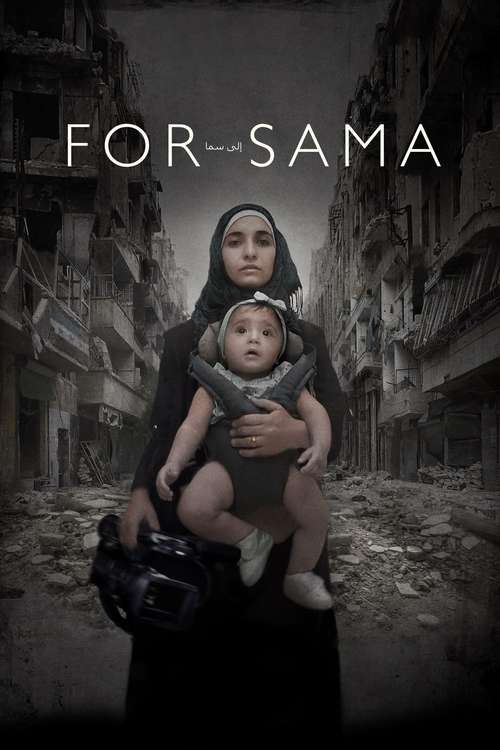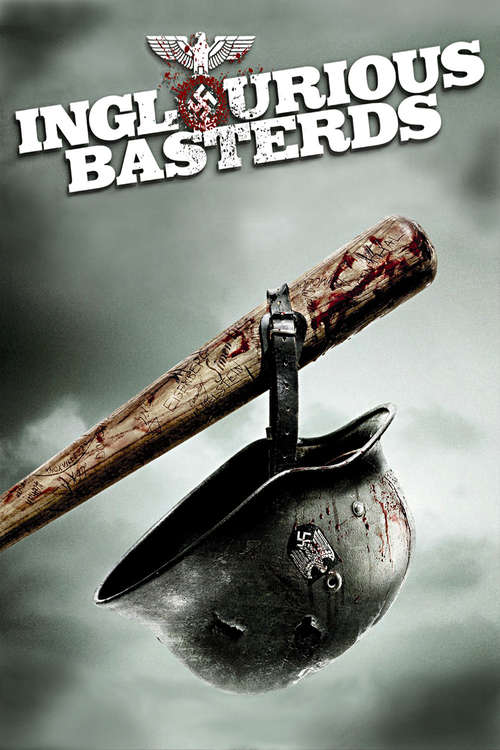Longform
You Gev It Away
I got Whammed1 in the bakery this afternoon. Walked in, took my earphones out, and, Wham! there it was. George Michael geving his heart to someone. Ever noticed that? He doesn’t say “gave,” he says “gev.” My daughter pointed this out a couple of years back, and now I can’t unhear it.
Oh well, there was never a chance of not hearing it, and to be honest, I don’t hate it like I used to. Remember back when we thought that bands like Wham! or Duran Duran were somehow “the enemy”? Those were stupid ideas. Music is music, and people have different tastes. Let’s let everyone enjoy what they like without judging them.
The most amusing part was that I heard a little girl in the queue behind me saying to her mum, “I just got Whammed.”
Also it’s odd that I haven’t heard ‘Fairytale of New York’ yet this year, except as a weird brass band version that was on the telly advertising some programme.
- Sense 2 at the time of writing. There doesn’t seem to be a way to link to a specific definition, which is surprising. ↩
Watchmen on TV
I succumbed. As I suggested I might.
It felt a little grubby, going to the NowTV site and setting up an account. As you know, Sky TV and I have a history. Or maybe an anti-history, insofar as I am anti everything that their former owner stands for. But the key word is “former.” With Comcast now owning it, I can feel a little better about giving them my time and possibly some money.
Still, though: grubby.
But what’s worse, as a viewing experience, is that their app is the worst video-playback app I’ve ever used. It’s fine at all the basics; it even has a ten-second jump back and forward feature, which is good. But! It completely fails at subtitles.
Now, in this era — this platinum age of television — subtitles are often an essential part of viewing. And that isn’t true just due to my age, because my kids, who are young adults, are at least as likely as us olds to want them on. Mumblecore actors are to blame. Or maybe bad sound on our TV. Or a combination. Doesn’t matter. We watch with subtitles on a lot of the time, and I wanted them on for Watchmen.
But NowTV — in its Mac app, at least — just can’t handle them properly. They either freeze, so you get the same sentence stuck on the screen for five minutes; or they just get out of sync. Sometimes they rush through minutes of text at a time, as if trying to catch up. In the end I turned them off.
But I watched one episode on my iPad, and the subtitles were fine there. So I guess it is the actual Mac app. The Mac plugged into the telly is an old one. A nine-year-old MacBook Pro, in fact. I’m impressed that it’s still working, though I did upgrade it at one point.
Anyway, that can’t be the reason it’s bad, because I’ve also tried it on my 2017 MBP, with exactly the same results.
But what about the programme?
It’s a sequel to the comic, set around thirty years later. I found the first episode kind of annoying, though I’m not quite sure why. Too much of it set in the past, maybe? But as we’ve got to know the characters and things have moved along, it’s definitely interesting. I’ve watched the first five episodes so far. Up to which point it’s kind of a cop show with an unusual background. Cops go masked so that criminals can’t identify them. Criminals go masked too, of course, specifically in Rorscach-style black and white masks.
And there’s a mysterious old guy who puts on plays reenacting the origin of Doctor Manhattan. You’ll have guesses about who he is, if you know the source material. Well, one guess.
I like the way they’ve built on the comic, and are weaving the backstory in. Though I think it must be extremely confusing for anyone who hasn’t read the novel, or at least seen the movie.
My main question (apart from the obvious ones, like what’s going on with Veidt?) is: why is Laurie using her father’s surname? It doesn’t make sense to me that she’d call herself Blake, instead of Juspeczyck.
Oh, and whatever happened to Dan Dreiberg? I want to see some Nite owl action. Something that looked a lot like the Owlship appeared in the first episode, so maybe he’ll turn up. As, I imagine, will Doctor Manhattan.
The Favourite, 2018 - ★★★
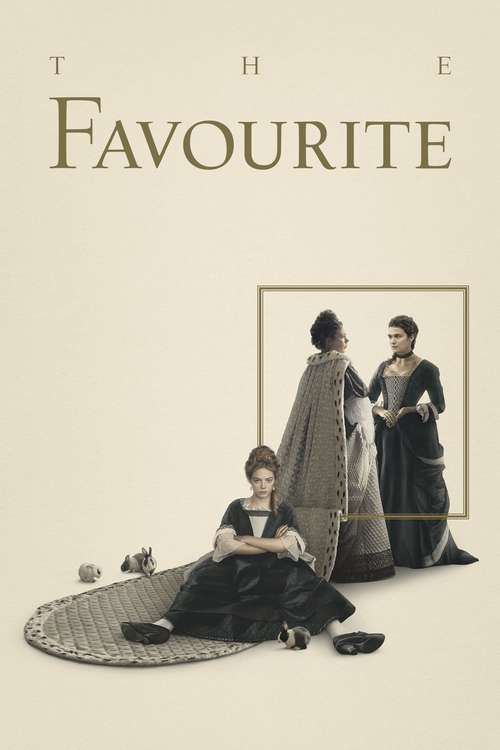
What were they doing with the justified text in the captions and even credits? Made it barely readable.
Labour and Antisemitism
I don’t doubt that many Jewish people are put off voting Labour because of the antisemitic actions of some of its members, and the leadership’s seeming inability to control or remove those people. Plenty of non-Jewish people are put off by it too.
There are two things I don’t understand.
If there are antisemites in Labour (which, again, does seem to be the case): why and how? Who are these people that have joined a party of the left, a party that has always been anti-nazi, anti-racist, pro equality and human rights — who join it, and yet stand in direct opposition to its core values? It’s like a climate-change denier joining the Green Party.
Further, why now? Why has this blown up in the last couple of years? These invasive members presumably haven’t just joined the party. It’s hard to imagine that they joined because of Corbyn being the leader.
Unless that’s exactly what it is. Maybe Corbyn’s seeming weakness on responding to the problem. and/or a willful misunderstanding of his stance on Palestine and the government of Israel, has attracted such people to the party. In which case — in any case — the obvious thing to do is to find them and eject them; just as they can easily eject members who suggest voting for another party.
I see that The Guardian has published an “everything you need to know” guide on the matter. Which is good, but it doesn’t really answer my questions.
Corbyn has spoken out against antisemitism again. He may have appeared vague on Brexit, but I don’t think he could be any clearer on this.
The Book of Dust vol 2: The Secret Commonwealth by Philip Pullman (Books 2019, 22)
You shouldn’t read this book.
Yet.
I broke a personal rule, that goes back to 1982: Never start reading a fantasy series if the final volume hasn’t been published.1 1982 was the year I was reading Stephen Donaldson’s The Chronicles of Thomas Covenant. The fifth volume (or second volume of the second series) was out, but the sixth and final wasn’t.2 I waited on tenterhooks.3 Eventually the hardback came out, but it was much too expensive for a poor student like me. Luckily, not for another poor student on my corridor, who lent it to me.
I learnt my lesson, back then. More or less: I was reading Harry Potter while it was still being written. But this is one of the main reasons why I never started A Game of Thrones, for example.
But here we are. Two-thirds of the way in to a compelling, thrilling story… actually that’s not quite right, what with the first volume being prequel. More like halfway through a very long story, and all I can say is… not very much without going into massive spoilers.
I like that Lyra is using Silvertongue as her surname: a name she was given, that she earned. There are aspects of the world, of Lyra’s relationship to it, that are surprising, given what she went through in His Dark Materials. But then, it is eight years later, and she has grown up a lot.
Politics and events in the world of the Magisterium sometimes parallel those in our world.
It’s a lot darker and more adult-themed than the original trilogy. I don’t know if the whole will end up being as legendary or as moving as the original, of course, but at this point, balanced on the fulcrum of change, I like it almost as much.
I lied at the the start: you should read this book. But be prepared for the fact that we might have to wait two years for the conclusion.
- At a pinch, if the author hasn’t finished writing it. ↩
- White Gold Wielder was released in 1983, I see. And I gather that he’s since written a third trilogy, but… nah. ↩
- Well, maybe about five or sixterhooks. ↩
Election Debates: Maybe Better Left
I watched the election debate between Corbyn and Johnson on ITV. It was unedifying, and not very revealing. Corbyn was, predictably, calmer, more sensible, and less blustering. He needed to answer the “What way would you campaign in a second referendum” question that Johnson kept going back to, but otherwise he handled it pretty well.
Johnson, of course, is the epitome of bluster, barely gave a straight answer to anything, and went over his allotted time on every question, as well as his opening and closing statements.
I criticise him for that since he was violating the agreed-upon format. But the time-limited questions may have been the worst part of the event. The purpose is to limit bloviation, I suppose, but it seemed like often the chair was cutting the speaker off while they were still trying to make a point. I saw a tweet while it was going on, to the effect that part of the problem in politics is that everything is reduced to soundbites, with no opportunity to go into details. I’m inclined to agree.
However, much more interesting, and a bettter format, was the interviews, an hour later, with the leaders of the some of the other parties: Jo Swinson, Nicola Sturgeon, Siân Berry of the Greens, and, unfortunately, Nigel Farage.
One interviewer, one interviewee at a time, and it was all much more sensible. That is, in part, because of the people involved, of course. The three women were all good, especially Wee Nicola, as we like to call her. But perhaps it wouldn’t have worked so well if Johnson had been in the interviewee’s chair. He’d have been havering and talking over the interviewer, no doubt. Though to be fair, Farage managed not to do that, so who knows.
But overall, I think that the debate format is not the best way to present your ideas.
Kieron's Comic, Brontë's Book
One of the comics I read is Kieron Gillen’s1 Die, which is about a group of people who get sucked into a fantasy world. The world is based on a role-playing game — or at least, it seems to be at first. The other night I started the latest issue, 9. Unexpectedly — but not surprisingly — Charlotte Brontë turned up as a character (or maybe not, but let’s run with it). The story was about how she and her siblings had created complex fantasy worlds in part as stories for their toy soldiers. And maybe the world of Die is based in part on those.
Imagine my surprise, then, when I woke the next day to hear on the radio news that a tiny book — “no bigger than a matchbox” — written by Charlotte, was being auctioned in France. It is filled with stories of the fantasy worlds created by her and her siblings.
The book has been bought by the Brontë Society. It will be kept in the Brontë Parsonage Museum, where it was created.
Two completely unrelated events, of course, but interesting how things collide.
- He seems not to have website of his own, bizarrely, but he has a Tumblr, and a newsletter. ↩
His Dark Materials on TV
Minor spoilers ahead.
I am loving what they’re doing with HDM1 in the BBC/HBO adaptation. It has just enough variation from the books to keep it interesting (especially since I re-read them recently). Yet it manages not to distort the story in the way that so upset my then-ten-year-old son in the film version of (part of) the first book.
Bringing in the scenes of Lord Boreal crossing to “our” Oxford, and finding out about who Grumman is, is inspired. It will have the effect of making more sense of the inciting incident for Will, when he turns up. In the book it was never entirely clear who the people who searched his house were sent by, and why the authorities were interested in him. This way, it will.
I’m looking forward to next week’s arrival of Lin-Manuel Miranda as Lee Scoresby.2 And we’ll get Iorek Byrnison, too. That’ll be a big test of the CGI.
Which leads me to the only thing that slightly lets it down: Pantalaimon’s default form as an ermine. It looks a little too fake and plasticky to me. Most of the other daemons look fine, so I don’t know why the lead one should be so poor. Maybe it’s because he’s the only one that gets much screen time where he talks.
On that note, two points about Mrs Coulter’s daemon, one which struck me on my recent reread, and the other just tonight. We never learn its name. Nearly every other daemon that gets a mention, gets a name. And it never speaks. Certainly not so far in the TV version, and I’m fairly sure it never does in the books, either.
Which no doubt tells us something about the character of the woman.
Watchmen by Alan Moore & Dave Gibbons (Books 2019, 21)
I like to reread this from time to time, and right now I’m considering watching the TV version that’s currently on. It’s HBO, which means Sky over here, which would traditionally have ruled it out on ethical grounds. But times and corporate ownerships have changed. The Murdochs no longer own Sky TV, so I can let myself watch it.
But then we have the other ethical question, about Watchmen in particular. Which is to say, since Alan Moore feels that he was cheated by DC over the ownership of the creative work, and repudiates all derivative works, shouldn’t we avoid them too? I saw the movie version, but I didn’t get the Before Watchmen spin-offs.
Well, it’s been a long time; Moore and Gibbons must have known what they were signing up for, even if things didn’t go quite as they expected. I recall seeing Moore at a convention in Glasgow in 1985 or 86, where he said, “DC are utter vermin.” Yet he went on to work with them often after that.
Plus, I’m already reading Doomsday Clock, which brings the Watchmen universe into the DC multiverse, so personally, that ship has sailed.
How does the story stand up today? It’s still excellent, I would say. With the obvious weakness of the ending. Though thinking about that, what’s weak is how preposterous Veidt’s plan is. Accepting that, that part of the story is well executed.
It’s still one of my favourite comics.
Northern Lights, The Subtle Knife and The Amber Spyglass by Philip Pullman (Books 2019, 18, 19 & 20)
His Dark Materials, as I said.
Holy hell, this trilogy is good! I think I’d forgotten just how good it is.
In the first book we meet Lyra, a wild orphan who lives in fabled Jordan College in a parallel Oxford. Plots and adventures quickly ensue.
The second volume starts with Will, a boy who lives in our world, and who has to run from his home because he has killed someone. How will his story connect to Lyra’s?
And the third builds on everything that has gone before, and a whole lot more.
There are armoured bears, angels, daemons, airships, witches, harpies, the dead, and much else. The fate of worlds hangs in the balance.
If you haven’t read it, you should. You could start watching the TV series instead, but I expect there’ll be a long wait between the seasons, and the books are right there.
Of course, I’m going to find myself in a similar position with the sequels. It was eighteen months ago that I read part 1, so presumably we won’t get the conclusion till some time in 2021.
I like what they’re doing with the TV series so far. Enough changes to keep it interesting, not enough to spoil it.
Election Blues
I don’t fully understand the rationale of the Lib Dems and SNP pushing for an election at this point. No-deal is still firmly on the table, it seems to me, and if the Tories get a big majority — or even just an actual majority — then we remainers are done for.
Yet Ian Dunt at politics.co.uk describes it at as “one last chance” for remainers. He makes a compelling case. If he hadn’t gone for the election, Johnson could likely have got the Withdrawal Agreement Bill (WAB) through parliament. This way, at least there’s a chance. A hung parliament, a coalition that gives us a second referendum.
A new Remain campaign that is successful.
That’s a lot of “ifs,” and we lose everything if any one of them goes the wrong way.
And Carole Cadwalladr reminds us that the illegality and foreign money in the referendum have never been addressed.
Another “if”: if Johnson could have got the deal through parliament, why did he back down and go for the election? Maybe it’s just be that he expects to get a majority, and thereby make it easier to get the WAB through in a new parliament. But I can’t help thinking that he’s up to something. That he and Dominic Cummings have some plan that will get around parliament somehow.
Hard to see what that could be, but how far would you trust those proven liars and crooks?
On Pausing Stories
Almost exactly a year ago I started reading a novel, then put it on hold. This year I’ve done the same, for different reasons.
I started The Long Way to a Small, Angry Planet by Becky Chambers in October of last year. I quickly put it aside as November approached. I realised that it — or at least its start — was much too similar to the novel that I planned to start for NaNoWriMo.
I haven’t got back to it yet.
This year it was the new Philip Pullman, The Book of Dust vol 2: The Secret Commonwealth
Now, you’ll recall that I said I might do this after I read the first of the new trilogy. Other things got in the way of that, though.
So I read a chapter or two of the new one, and realised I needed to refresh my memories. There’s a whole thing that we learn about at once that I don’t remember. Or at least don’t remember how it happened.
There’s also a TV series coming. I was aware it was in development, but not of how soon it was going to be. Turns out it’ll be on in a week or two.
So now I’m worried that watching it is going to be a bit like the recent Good Omens series was for me; really well done, I appreciated it… but I had re-read the book too soon before watching it, meaning it was all just a bit too recent in my memory for maximum enjoyment. But we’ll cross that ice bridge to another world when we come it it. The trailers look great, anyway.
The difference with this year’s pause will be that, while I will get back to the Chambers eventually, I’m obviously not in any hurry to do so. Whereas I fully expect to restart The Secret Commonwealth as soon as I’ve recovered from the ending of The Amber Spyglass. Which I’ll probably be starting quite soon.
Hannah Green and Her Unfeasibly Mundane Existence by Michael Marshall Smith (Books 2019, 17)
No, it’s me, not London Below: this has also faded quickly from my mind, despite the fact that I love MMS, and I really enjoyed this as I read it.
Still, it’s very good. Hannah is an ordinary girl living in present-day California with her dad and (maybe) mum (sorry, mom).
Until the devil turns up, and her grandfather turns out to be his engineer. And he knew Bach.
Inevitably, the world needs to be saved.
Neverwhere by Neil Gaiman (Books 2019, 16)
While I was reading this I thought it was probably my favourite of Gaiman’s prose works. And I thoroughly enjoyed it. But just a couple of weeks later, as I write, it’s already fading from my memory.
Maybe that’s just me, or maybe it’s London Below.
Either way, well worth a read.
More on Tarantino
Following on from my musings of a few weeks ago, regarding Tarantino’s introducing a slight degree of counterfactuality into a fictionalised version of the real world, we watched Inglourious Basterds the other day. (That film is ten years old. How?)
So it seems like adding counterfactual happy (happier) endings to real-world things is what he does now? I don’t know what happens in Django Unchained or The Hateful Eight, though. Turns out I haven’t really watched his stuff since Jackie Brown.
